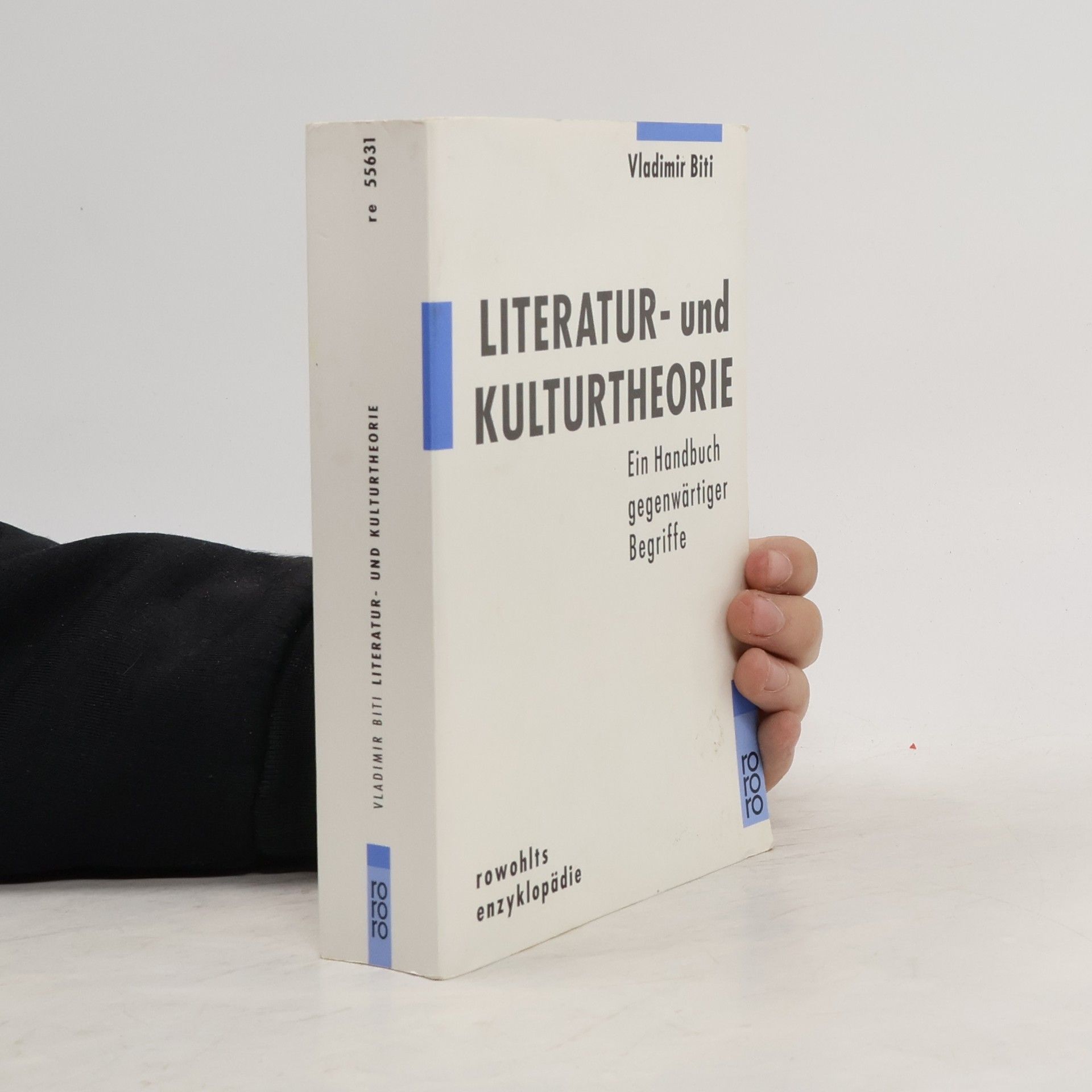Ovaj je Pojmovnik predobar za naše pojmove. -Feral Tribune Bitijeva je knjiga za naše prilike nevjerojatan kompendij suverenog znanja o kretanjima u suvremenoj književnoj teoriji s najsvježijim informacijama kao začinom dobru jelu: u bližoj budućnosti mnogima neće biti jasno kako se ova knjiga pojavila sada i ovdje. -Siniša Nikolić, Slobodna Dalmacija Najozbiljnija i najsveobuhvatnija teorijska ukoričena pojava na nebu hrvatskoga promišljanja književnih teorija, a koju je osmislio i realizirao samo jedan stručnjak. -Jasen Boko, Slobodna Dalmacija Pojmovnik se široko otvara kako prema cjelokupnoj humanistici - filozofiji, psihologiji, sociologiji, lingvisitici - tako i prema pravu, teoriji informacije, neurosemiotici i dr. Pred sobom dakle imamo svojevrsnu summu mnogih bitnih aspekata kulture 20. stoljeća. -Josip Užarević, Vijenac
Vladimir Biti Bücher
Dieser Autor befasst sich mit den komplexen Verbindungen zwischen Literatur, Theorie und Kultur. Seine Arbeit taucht tief in Erzählungen ein, untersucht, wie Texte Geschichten konstruieren und hinterfragen, und erforscht das Thema der „Domestizierung des Anderen“. Durch einen rigorosen theoretischen Rahmen und ein tiefes Verständnis literarischer Traditionen bietet er neue Perspektiven darauf, wie Texte verborgene Bedeutungen offenbaren und unser Verständnis von Geschichte und Identität prägen. Sein Ansatz zeichnet sich durch sorgfältige Analyse und tiefgründige Einblicke in das aus, was Literatur bedeutsam macht.


Focusing on the traumatic aftermath of the dissolution of East-Central European and West European empires, the book explores transnational literary alliances through the works of Franz Kafka and J.M. Coetzee. It analyzes how Kafka represents the transition from sovereign to disciplinary governance, while Coetzee reflects the shift from colonial assimilation to regeneration. Through close readings, the text reveals how both authors respond to the reconfiguration of power relations in their narratives, highlighting the instability of post-imperial literature and the loss of transcendental guarantees in human experience.